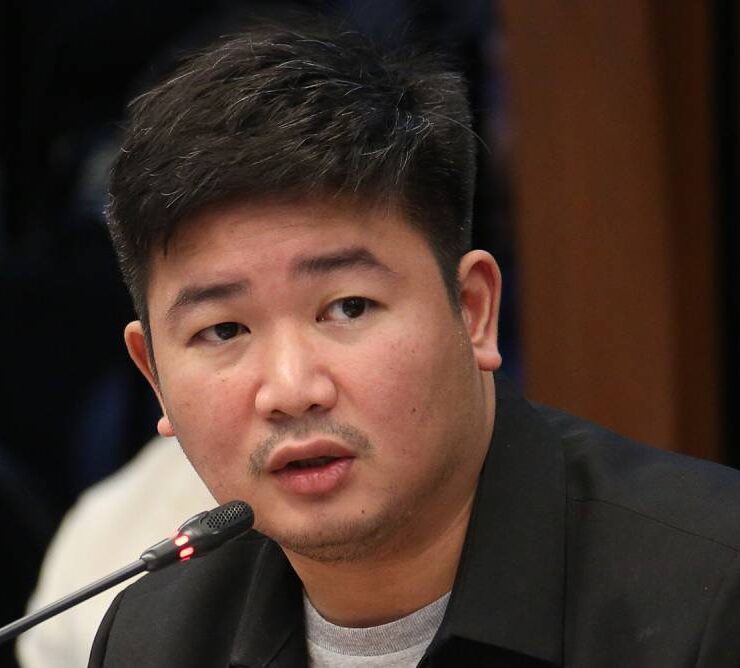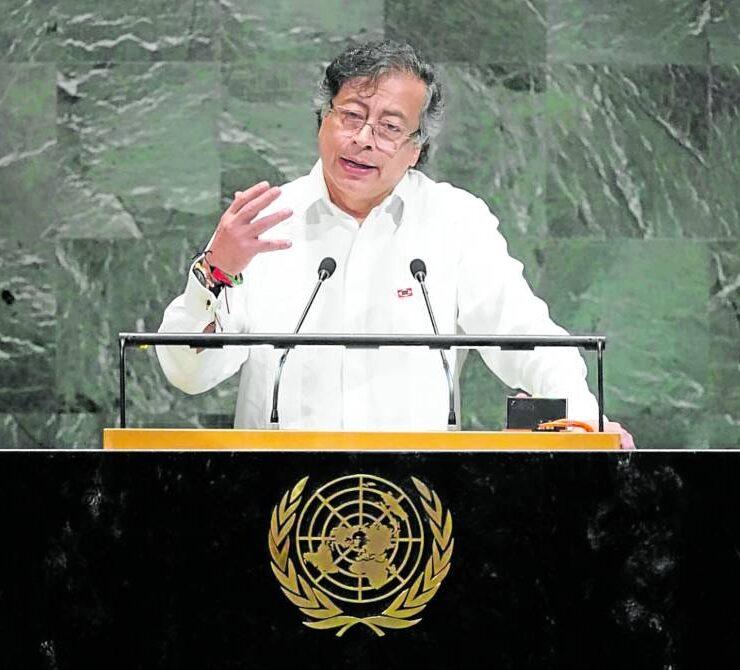Bonfire of the Vanities

The radical critique is based on exposing internal contradictions, knots so impossible to untie, they require violence to cut through. This is what Mao Zedong meant when he famously said, “A revolution is not a dinner party, or writing an essay, or painting a picture, or doing embroidery; it cannot be so refined, so leisurely and gentle, so temperate, kind, courteous, restrained, and magnanimous. A revolution is an insurrection, an act of violence by which one class overthrows another.”
Yet, the temporary, and sooner, rather than later, ultimately tyrannical nature of revolutions and the regimes they establish is why Mahatma Gandhi asserted that, “Victory attained by violence is tantamount to a defeat, for it is momentary.”
In Renaissance Florence, the cynicism, ruthlessness, and luxury of the Medici led to their overthrow and the creation of a regime of pious simplicity under the inspiration of a friar named Girolamo Savonarola. Through his preaching and the coercion of his followers, the Florentines were either inspired or threatened to make a gigantic pile of the causes of sin: playing cards, dice, and luxuries, which were set on fire—the Bonfire of the Vanities. What followed was the institution of a religious police and the eventual overthrow of Savonarola, and the return of the Medicis to power.
What, then, is to be done when the many are angered and disgusted by the few? This is a debate taking place all over—in the real world and virtually, that is, online.
This is a dividing line between militants and reformers, neither of whom is inclined to be polite about their feelings about the status quo. You have Anakbayan applauding the throwing of mud and the spraying of graffiti on the gates of notorious contractors; you have Akbayan mounting noise barrages outside similar premises.
What is most interesting is the defensiveness of quite a few proponents of demonstrating in real life the violent feelings so freely expressed by many more online. Hardly anyone is left who feels squeamish about violent language aimed at anyone and everyone considered to be in cahoots when it comes to crooked contracts. But far too many, it turns out, have reservations about vandalism in the name of justice.
If there is a line no one recognizes until after the fact—when someone or something, has already irrevocably crossed that line, causing a public convulsion—there is another line, which, when crossed, reacts against the initial upheaval people found so liberating. Then a backlash takes place.
I have pointed out an instance of this backlash that dates back to 2001, when the sight of urban insurrection permanently alienated the middle class from believing in people power. This was the underlying realization behind the effective appeal to maintain the status quo in the messaging of the post-Garci years of the Gloria Macapagal Arroyo administration: “They are all the same,” “Who will you put in place instead,” and “It’s time to end the chaos.” It marked the decline of the old middle class born in the Magsaysay years, and the rise of a new middle class free from the civic-minded influence of traditional churches, clubs, and schools.
The majority may have decided to live with it, but hardly anyone loved it. This was the verdict on the Arroyo years and found a momentary revival of idealism in 2010, which then died—not exactly on the muddy grounds of Mamasapano but in the alienation of the public from then President Benigno Aquino III, when his reasons for not immediately being on hand to receive the coffins of the fallen ended 30 years of solidarity with the people. It gave cover for the substitution of people power with the revival of the comforting notion of a strongman, which formed the bulwark of support for the Dutertes. If Randy David once observed that the middle class doesn’t believe in elections, and instead yearns for coups, now you can understand, in hindsight, why 2016 was an election trumpeted as a coup by ballot box.
Our inability to change the rules of the game means we are all stuck reliving the disappointments of the past—that feeling of being sickened when the usual crooked suspects end up proving themselves still more capable of demonstrating greater brazenness, greed, and cynicism than anyone thought possible in an already depraved past.
It takes 10 years, the same period it takes to achieve lasting change, except nothing changes, so the only thing that can change is the modus operandi of the usual suspects. When it happens, it ends the dominance of the old group of hungry mosquitoes and the election of their replacement—a new gang of even hungrier ones, to paraphrase the late Manila mayor Arsenio Lacson.
That being the case, it may be why fewer and fewer are willing to burn the house down—or generations are becoming more conservative, which is something researchers are starting to discuss.





















‘Chip in with Taiwan’ for peace and prosperity